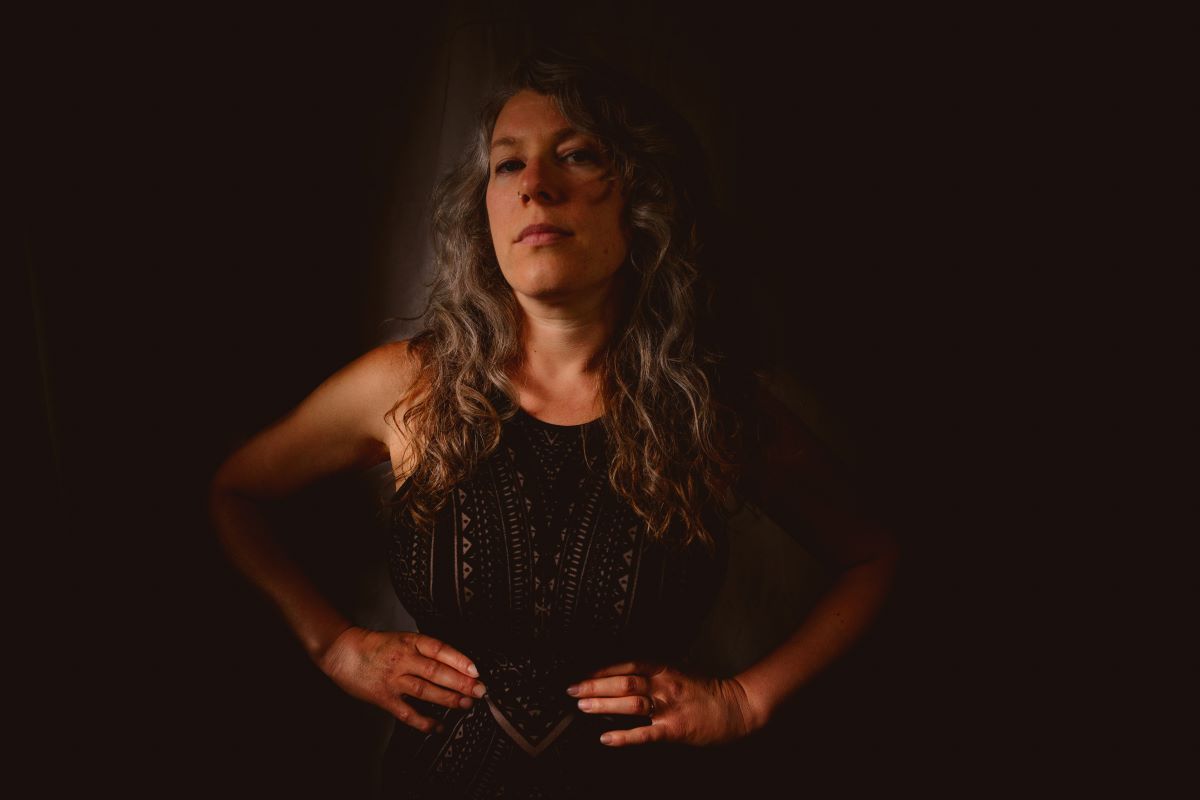
Tell us about your tour vehicle.
The most epic touring vehicle I ever had was a 2007 Honda Fit. That thing was a tank. One year I took the Fit hauling a trailer full of gear and two bandmates to Texas, Oklahoma and Missouri and back to Oregon. 4000 miles on two tanks of gas! (I’m kidding about the gas but not kidding about the rest of it. That car had some magic.) By the time she was traded in, she was pushing 250,000 miles just a few years into her life. The struts were blown out and she was in need of some heavy-duty repairs but she was a great little rig all those miles.
When I’m on the road now, it’s in a Subaru. (I live in Oregon and they hand them out at the border.)
How do you eat cheaply and/or healthy while on tour?
I am still working the circuit where food and drink are often a part of my compensation. I have learned the hard way to not take that quite so literally. I don’t drink much now and that has made a huge difference to my health. One small thing that’s actually been huge is bringing my own water bottles to refill at gas stations. It’s way cheaper than buying something to drink and makes me drink more water while I’m traveling–which really helps keep my head clear and body healthy.
How many strings do you break in a typical year? How much does it cost to replace them?
Ok. I’m super lucky because I don’t break a lot of strings so I usually just replace em when they start to break down and sound crappy.
Where do you rehearse?
My husband (and bandmate) and I live out in the country in an old farmhouse. It was a fixer-upper and we’ve been doing that since we moved in years ago. It’s a super funky set-up, as lots of old houses are, but we recently turned our funky basement into a rudimentary studio space. I have my computer for recording and video editing, amps, guitars, and drums all set up. I also have a corner for a pottery wheel (one of my hobbies) and there is a tiny bedroom that we turned into an analog library–books and records. The basement is a great space for thinking your thoughts and doing some creative work.
What was the title and a sample lyric from the first song that you wrote?
The first song I can remember writing was this Celtic jam that is all about a young woman’s tragic death. You know? Normal song content for a 9-year old. If I recall, it remained untitled and the opening line was: “Goodnight my fair lass, say goodbye to the moon for dawn is now breaking over Large Lake Lagoon”. It goes on to describe a girl being tripped by death and the moon no longer finding a reason to rise. How did this not raise a red flag?
Describe your first gig.
I was hired to play a number of flute gigs as a teenager. The first one I can remember was for an art show where I had to play, like, atmospheric flute music while people walked about this art gallery. I remember thinking that everyone seemed to be wearing a lot of flowy clothing and it was a very colorful space. I think I made about 50 bucks, which seemed an obscene amount of money to 15-year-old me. But I learned that when people in flowy clothing are feeling generous, roll with it.
What was your last day job? What was your favorite day job?
Along with being a performing musician, I am also a music teacher in a public school district. I teach band and choir to kids in rural Oregon and I am passionate about this job. My experiences in rural Oregon have informed my music very much and I have come to understand the deep importance of music in the schools and in the lives of children in rural places.
How has your music-related income changed over the past 5-10 years? What do you expect it to look like 5-10 years from now?
Over the last 5-10 years my career has continued to grow so I am fortunate to have been able to play some better-paying gigs. However, revenue from CD and music sales in general has dramatically declined. I am not sure what to expect over the course of the next 5-10 years but I do know that there are people who are committed to maintaining music in the culture and who CHOOSE to buy directly from artists and support us in other ways. Patreon I think is a great model for the type of “activism” that is needed for artists like me to be able to be compensated for our work. We will need this type of support–active, engaged support– if artists are to survive in a post-purchase world.
What one thing do you know now that you had wished you knew when you started your career in music?
Don’t be so hard on yourself. The gig is tough enough. Surround yourself with good people and do your thing.
